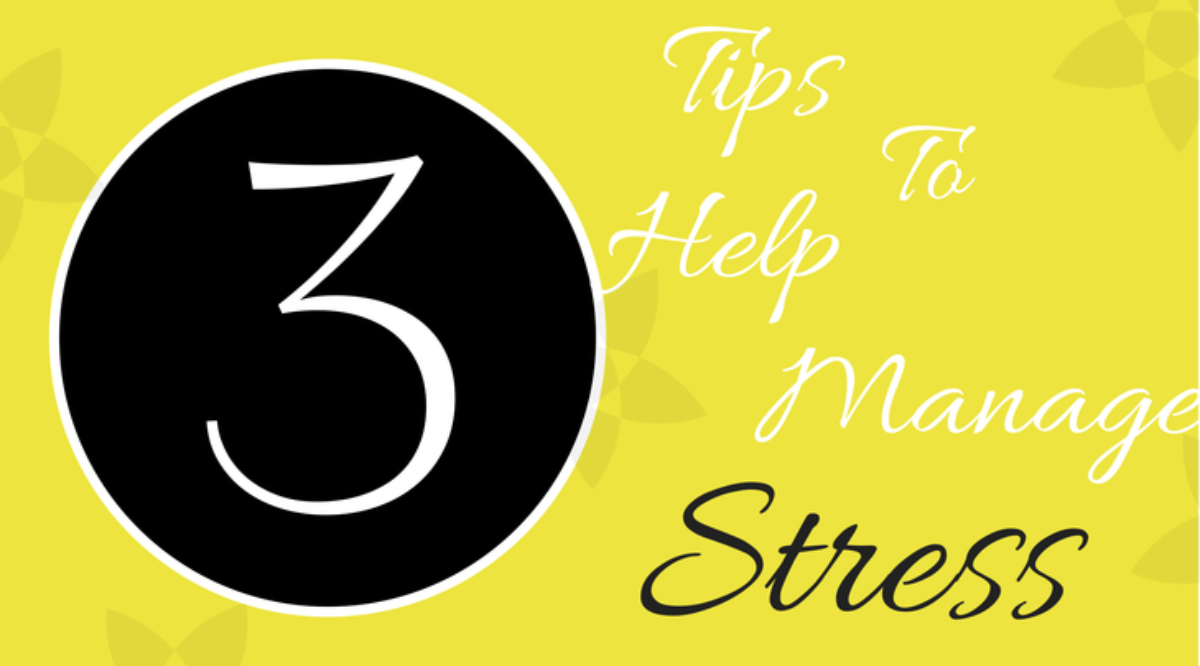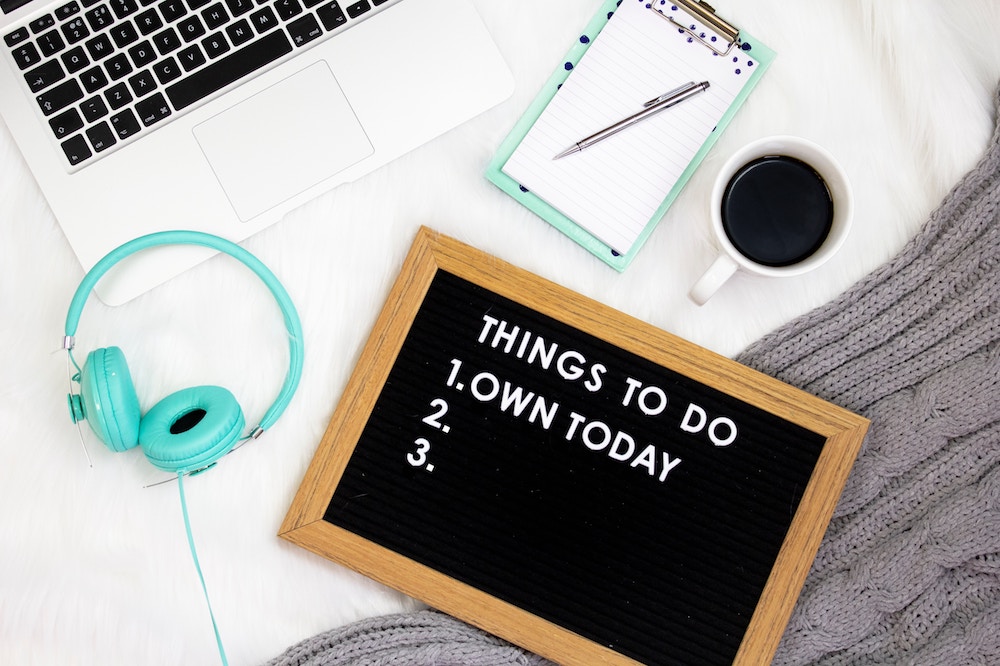Three Tips to Manage Stress
I’ve struggled with anxiety for almost my entire life, but that is a post (or book?) for another day. The important point is that thanks to all this wonderful experience (sarcasm), I have a few tried and true techniques for managing stress so that I don’t completely dissolve into pit of hysteria. Again, not exaggerating.
Since I’m relying heavily on these tricks right now, I figured it was the perfect time to share them with you guys. These are all things you can do immediately, in the moment, when you need them.
1. Breathe.
I don’t mean “pause,” I mean literally breathe. Take deep breaths, as deep as you can. Force your breathing to slow down. This is about your body’s physiology. Stress is your body’s fight-or-flight instinct kicking in when you aren’t really in danger. Deep, diaphragmatic breathing triggers your body’s relaxation response. When you breath deeply, you are counteracting the stress response at a fundamental level. I used to brush this suggestion off because “take a deep breath” has become such a snarky, sarcastic remark in everyday language. But it really works, and I use it almost daily.
2. Create a plan.
For me, a lot of my stress comes from feeling like things are chaotic, unmanageable, and/or out of my control. Coming up with a plan of attack always helps me feel calm, whether it’s a big decision I need to make, final exams, or just a long to-do list. Create a list of things that need to be done, prioritize, and then decide when you’re going to do what.
It sounds obvious, but start with what needs to be done soonest. There is a natural tendency to tackle whatever is stressing you out the most in that moment, but that is not efficient. Let’s use my end of semester as an example. Mock trial is Tuesday. I am freaked out about my first final on Thursday, but the sooner I’m prepared for trial, the sooner I can start studying. Stressing about it before then does nothing but take time away from trial prep and ultimately reduce the time I’ll have to study. Focusing on the immediate task makes things feel more manageable while forcing you to use your time more effective.
3. Get some perspective.
Ask yourself these questions (depending on the situation): How bad is it really? What’s the worst that can happen? Stress and anxiety can feel like a runaway train. Focusing on the big picture can help you be more realistic instead of letting your thoughts snowball out of control. Do you have family and friends who love you? Safety and security? Health? Most of the time, what feels overwhelming in the moment is small in the grand scheme of your life. When I start to feel like the world is about to come crashing down, I try to remind myself of the things that are stable and wonderful in my life, which just so happen to be the things that matter the most.
Questions: Do you use these or similar techniques to reduce stress? What other tips would you include?
*This workout was originally published on Kim’s blog, Busy Bod. For more from Kim visit www.busy-bod.com!






